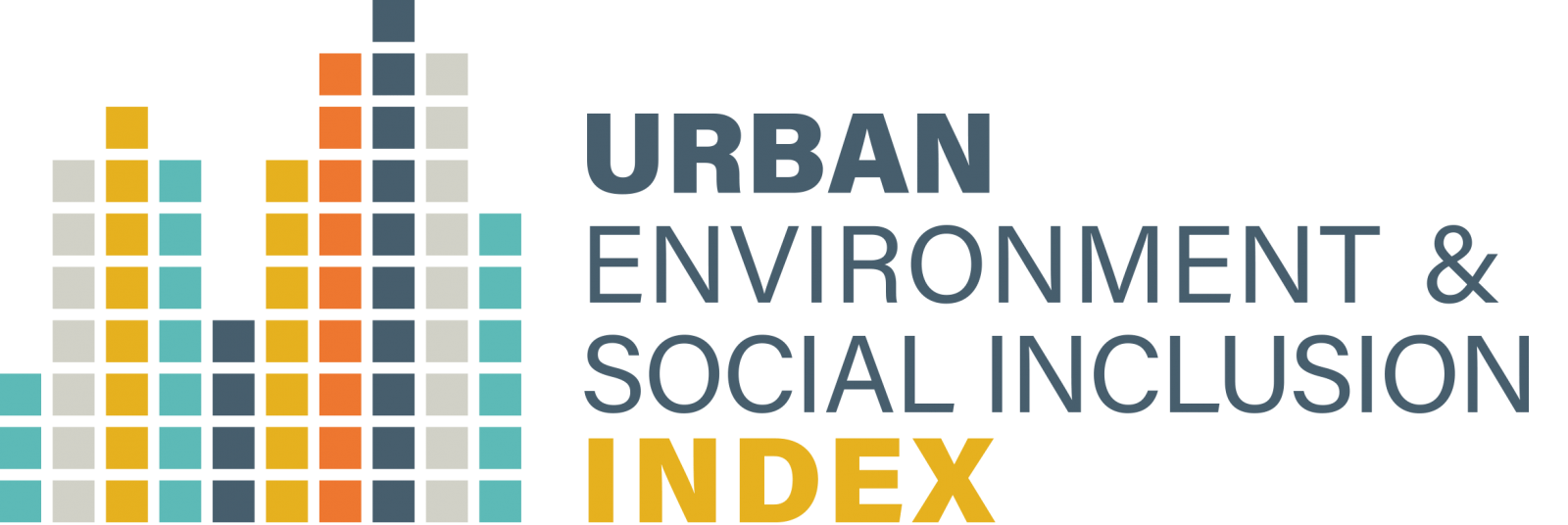Urban Environment and Social Inclusion Index (UESI)
The Urban Environment and Social Inclusion Index (UESI) leverages large-scale datasets with detailed resolution to provide an unprecedented view of how cities around the world are — or are not — meeting global goals for sustainable and inclusive urban growth.

Objective: To provide the data that urban residents, city managers, and policymakers need to understand their cities’ performance on critical urban environmental issues.
Partners: Samuel Centre for Social Connectedness (SCSC)
Funders: Samuel Family Foundation
Results: Check out our UESI webpage for the most up-to-date information on the project.
DDL contacts: Xuewei Wang, Angel Hsu, PhD
The Urban Environment and Social Inclusion Index is a research effort to provide the data that urban residents, city managers, and policymakers need to understand their cities’ performance on critical urban environmental issues. The framework focuses on quantifying progress on Sustainable Development Goal 11, which aims to make cities inclusive, safe, resilient and sustainable. The UESI addresses questions regarding the spatial and socio-economic distribution of air pollution, the urban heat island effect, urban tree cover, and public transportation access, and other environmental factors in a comparable, replicable, and scalable manner. Furthermore, the Index highlights knowledge gaps and identifies research priorities that helps cities build an evidence-based approach to enhance the equity of urban environmental performance.
The UESI includes nearly 300 cities from across the globe. In our next phase (2022-2024), we plan to add or update several indicators, including urban greenhouse emissions, Urban Heat Island and Heat Stress, and the Climate policy indicator. We will expand the UESI to at least 500 cities around the world, with a goal of expanding coverage to more cities in the Global South.

